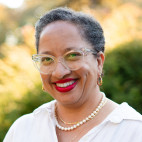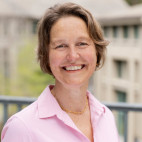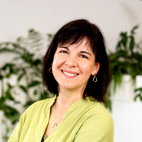
- Venue: Online via YouTube Live
- Date: Wednesday, July 30, 2025
- Time: 1:00-2:00 PM ET / 10:00-11:00 AM PT
-
Price: Free
-
The recording of the livestream is now available. Watch it on YouTube here.
Forgiveness can be a powerful tool for emotional healing—but it’s also one of the most complex processes to support in clinical work. What does the science tell us about how forgiveness works in the brain? And how can mental health professionals help people move toward it in ways that are safe, empowering, and grounded in their lived experiences?
Join us for an illuminating one-hour conversation with Dr. Allison Briscoe-Smith, a child clinical psychologist specializing in trauma and racial identity development and a Senior Fellow at the Greater Good Science Center, and Dr. Melike M. Fourie, a neuroscientist and expert on the brain science of empathy and forgiveness. Together, they’ll explore what happens in the brain when we forgive, why it matters for mental health, and how to translate these insights into therapeutic practice.
Moderated by Emiliana Simon-Thomas, Science Director at the Greater Good Science Center, the event will offer an overview of the brain systems and processes involved in forgiveness, along with practical tools to help people let go of inner resentment and build emotional resilience.
Don’t miss this opportunity to deepen your understanding of the science of forgiveness—and how to apply it to support healing and growth in the people you serve.


